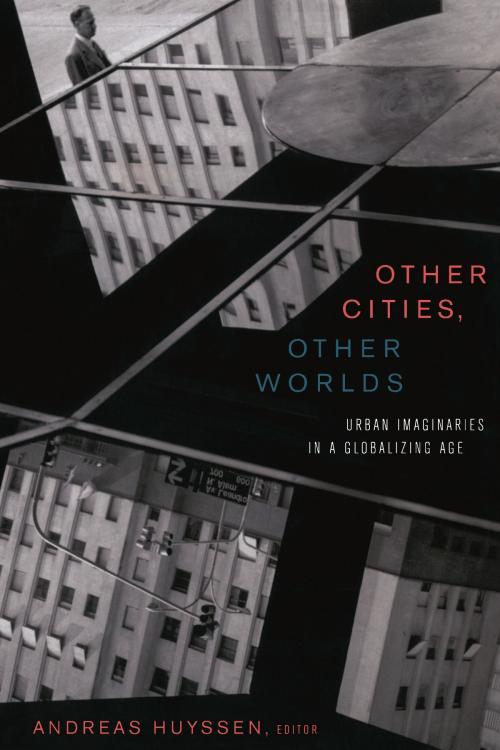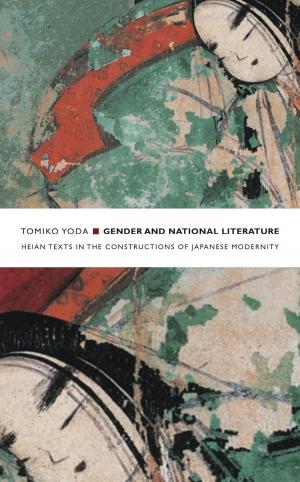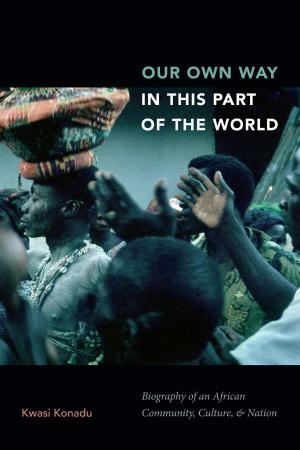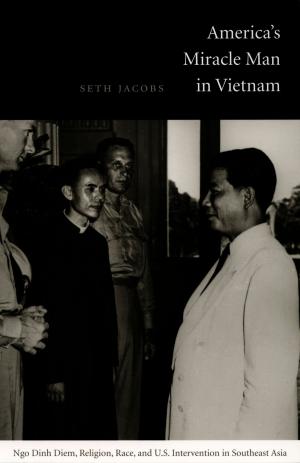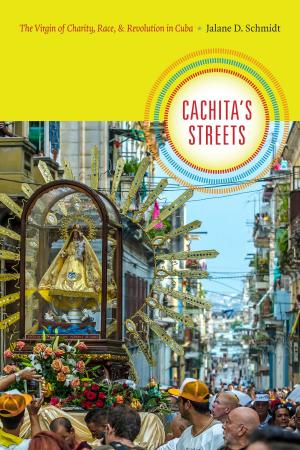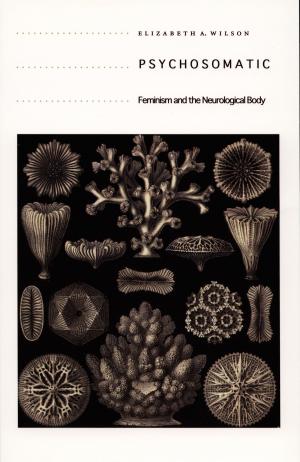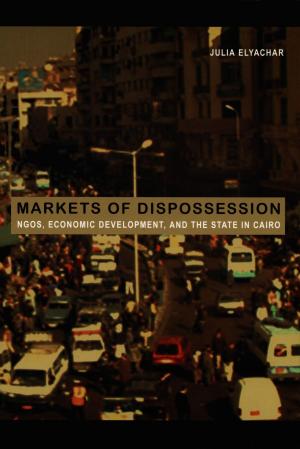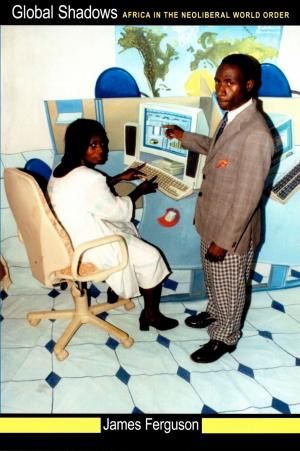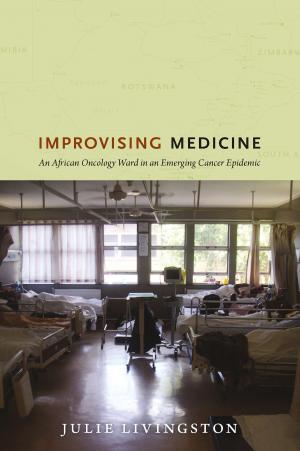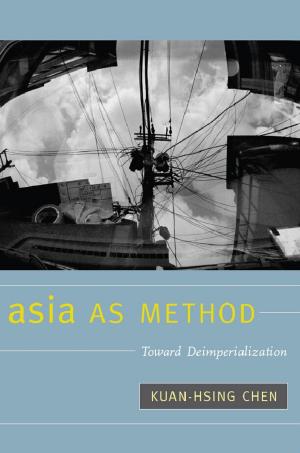Other Cities, Other Worlds
Urban Imaginaries in a Globalizing Age
Nonfiction, Social & Cultural Studies, Social Science, Human Geography, Sociology, Urban| Author: | ISBN: | 9780822389361 | |
| Publisher: | Duke University Press | Publication: | October 21, 2008 |
| Imprint: | Duke University Press Books | Language: | English |
| Author: | |
| ISBN: | 9780822389361 |
| Publisher: | Duke University Press |
| Publication: | October 21, 2008 |
| Imprint: | Duke University Press Books |
| Language: | English |
Other Cities, Other Worlds brings together leading scholars of cultural theory, urban studies, art, anthropology, literature, film, architecture, and history to look at non-Western global cities. The contributors focus on urban imaginaries, the ways that city dwellers perceive or imagine their own cities. Paying particular attention to the historical and cultural dimensions of urban life, they bring to their essays deep knowledge of the cities they are bound to in their lives and their work. Taken together, these essays allow us to compare metropolises from the so-called periphery and gauge processes of cultural globalization, illuminating the complexities at stake as we try to imagine other cities and other worlds under the spell of globalization.
The effects of global processes such as the growth of transnational corporations and investment, the weakening of state sovereignty, increasing poverty, and the privatization of previously public services are described and analyzed in essays by Teresa P. R. Caldeira (São Paulo), Beatriz Sarlo (Buenos Aires), Néstor García Canclini (Mexico City), Farha Ghannam (Cairo), Gyan Prakash (Mumbai), and Yingjin Zhang (Beijing). Considering Johannesburg, the architect Hilton Judin takes on themes addressed by other contributors as well: the relation between the country and the city, and between racial imaginaries and the fear of urban violence. Rahul Mehrotra writes of the transitory, improvisational nature of the Indian bazaar city, while AbdouMaliq Simone sees a new urbanism of fragmentation and risk emerging in Douala, Cameroon. In a broader comparative frame, Okwui Enwezor reflects on the proliferation of biennales of contemporary art in African, Asian, and Latin American cities, and Ackbar Abbas considers the rise of fake commodity production in China. The volume closes with the novelist Orhan Pamuk’s meditation on his native city of Istanbul.
Contributors: Ackbar Abbas, Teresa P. R. Caldeira, Néstor García Canclini, Okwui Enwezor, Farha Ghannam, Andreas Huyssen, Hilton Judin, Rahul Mehrotra, Orhan Pamuk, Gyan Prakash, Beatriz Sarlo, AbdouMaliq Simone, Yingjin Zhang
Other Cities, Other Worlds brings together leading scholars of cultural theory, urban studies, art, anthropology, literature, film, architecture, and history to look at non-Western global cities. The contributors focus on urban imaginaries, the ways that city dwellers perceive or imagine their own cities. Paying particular attention to the historical and cultural dimensions of urban life, they bring to their essays deep knowledge of the cities they are bound to in their lives and their work. Taken together, these essays allow us to compare metropolises from the so-called periphery and gauge processes of cultural globalization, illuminating the complexities at stake as we try to imagine other cities and other worlds under the spell of globalization.
The effects of global processes such as the growth of transnational corporations and investment, the weakening of state sovereignty, increasing poverty, and the privatization of previously public services are described and analyzed in essays by Teresa P. R. Caldeira (São Paulo), Beatriz Sarlo (Buenos Aires), Néstor García Canclini (Mexico City), Farha Ghannam (Cairo), Gyan Prakash (Mumbai), and Yingjin Zhang (Beijing). Considering Johannesburg, the architect Hilton Judin takes on themes addressed by other contributors as well: the relation between the country and the city, and between racial imaginaries and the fear of urban violence. Rahul Mehrotra writes of the transitory, improvisational nature of the Indian bazaar city, while AbdouMaliq Simone sees a new urbanism of fragmentation and risk emerging in Douala, Cameroon. In a broader comparative frame, Okwui Enwezor reflects on the proliferation of biennales of contemporary art in African, Asian, and Latin American cities, and Ackbar Abbas considers the rise of fake commodity production in China. The volume closes with the novelist Orhan Pamuk’s meditation on his native city of Istanbul.
Contributors: Ackbar Abbas, Teresa P. R. Caldeira, Néstor García Canclini, Okwui Enwezor, Farha Ghannam, Andreas Huyssen, Hilton Judin, Rahul Mehrotra, Orhan Pamuk, Gyan Prakash, Beatriz Sarlo, AbdouMaliq Simone, Yingjin Zhang
